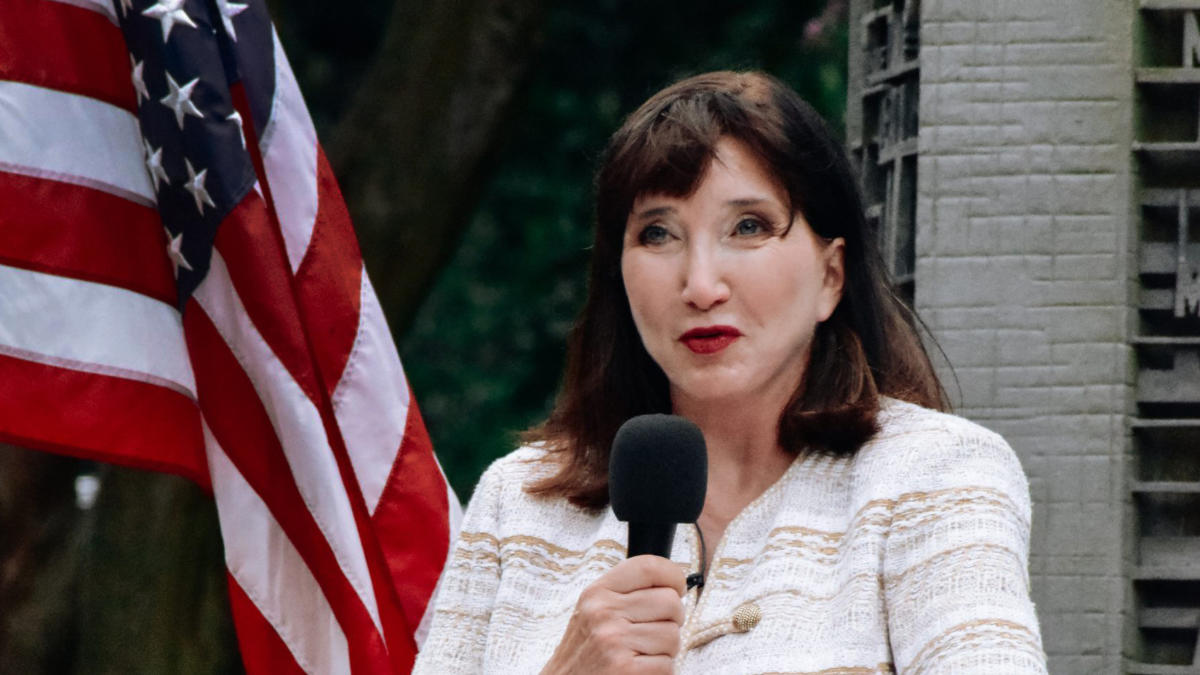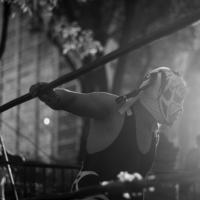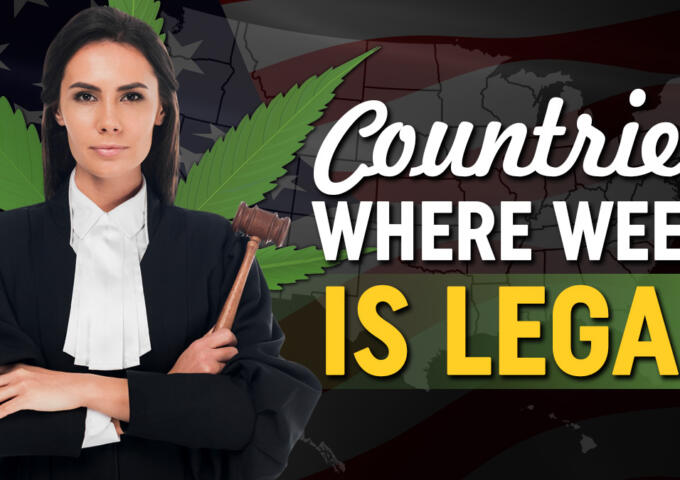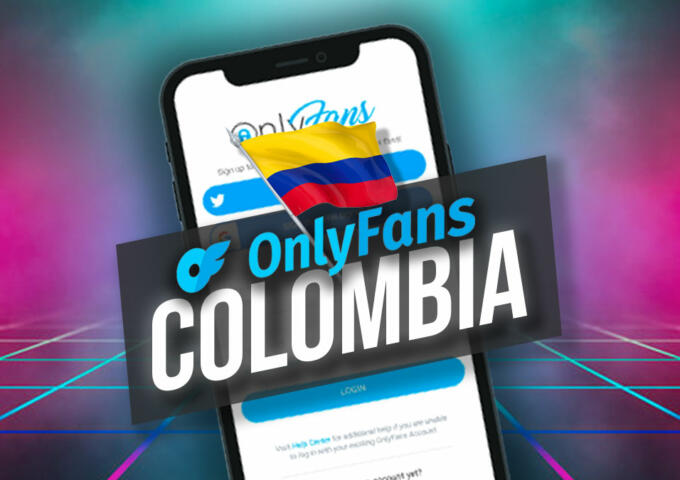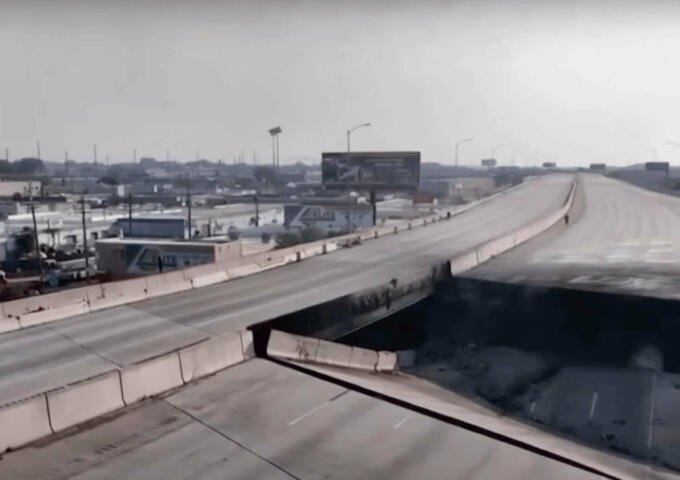You know Trump, Biden and even Kanye are running for president. But have you met Dr. Jo Jorgensen?
She’s the presidential candidate of the Libertarian Party – the third-largest political party, according to voter registration. Its 2016 candidate, Gary Johnson, pulled in just over 3 percent of the popular vote. According to its website, lp.org, “Libertarians strongly oppose any government interference into their personal, family, and business decisions. Essentially, we believe all Americans should be free to live their lives and pursue their interests as they see fit as long as they do no harm to another.”
Jorgensen, a senior lecturer in psychology at Clemson University since 2006 and the party’s vice presidential candidate in 1996, made a campaign stop in Philly recently, and PW caught up with her to talk about the issues of the day.
Philadelphia only recently expanded its indoor dining capacity for restaurants from 25 percent to 50 percent, and many other restrictions and closures remain in place. What are your thoughts about governments forcing businesses to close during the pandemic?
The shutdown of our economy to stop COVID-19 is a classic case of government “solutions” being potentially worse than the problem they intended to solve. Millions have lost their jobs, and an estimated one-sixth of small businesses will close their doors for good. Others have lost their homes.
The sensible way to handle the COVID-19 pandemic was to focus on protecting the most vulnerable, while encouraging individuals and organizations to make the choices best suited to their level of risk. Instead, the “solution” damaged our overall health, as shown by rising rates of alcoholism, mental illness, depression, suicide and domestic violence under “lockdown” orders. Fear of contracting coronavirus also led individuals to skip necessary medical treatments, including chemotherapy, and even stay home when they were showing signs of a heart attack or stroke.
CDC and FDA didn’t protect us – they lied about the advisability of masks and blocked test kits and PPE from being produced. The $2.2 trillion CARES Act provided a pittance to working families and the unemployed, but 90 percent of the “relief” went to big business, government cronies and special interests.
On the other hand, retailers and local communities stepped in where government failed. They delivered hand sanitizer, personal protective equipment, food and water to those in need. They set special hours to help vulnerable populations access basic staples, and developed new protocols to protect employees. While the pandemic brought out the worst in government, it brought out the best in everyday people.
When I am president, I will make sure that the federal government does not bungle and worsen a situation like this ever again. We must reduce red tape and regulation so that medicine and treatments, as well as testing, can get to patients at all times, but particularly in the direst of times. As we have seen, days, weeks and months can mean dozens, hundreds and thousands of lives saved or lost.
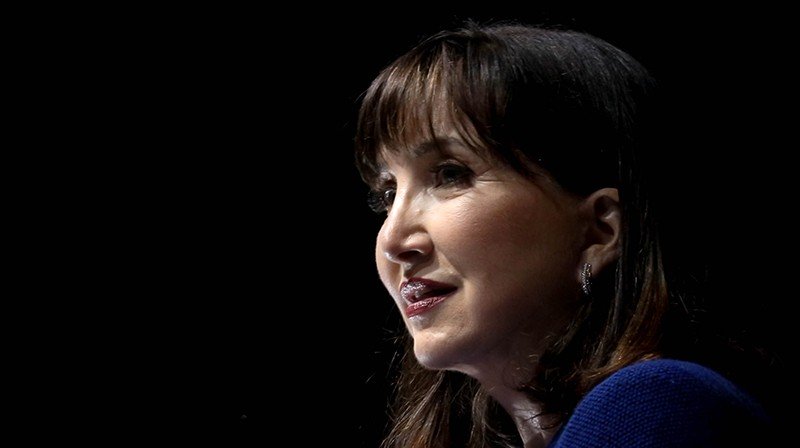
Philadelphia recently resolved a months-long standoff with a homeless encampment by providing the protesters with vacant homes. What role should governments play in addressing homelessness?
The U.S. government has barely made a dent in poverty in the past 50 years despite massive spending on programs to aid the poor. Throwing more money at a problem creates what’s been called a Homeless Industrial Complex, where bureaucrats, nonprofit executives and city planners siphon off most of the money into salaries and overhead, with little incentive to fix a problem which is providing them a comfortable living.
Most people who are chronically homeless face some other major barrier: untreated mental illness (including veterans facing PTSD) unresolved immigration status, substance abuse issues, or criminal records. Each of these groups would benefit from the libertarian solutions of the Jorgensen presidency: lower barriers to housing and employment, a more vibrant economy, better access to health care including behavioral health support, more expungements, and less incarceration.
Philadelphia recently launched seven satellite election offices – with more to come – as kind of one-stop-shopping spots for voters. What are your thoughts on mail-in voting and the voting process in general in 2020?
While it is the purview of the states to set election rules, I will encourage them to make voting fair and easily accessible for all voters. Voting methods should be transparent and provide a means for voters to ensure their vote was properly counted.
This summer, President Trump said he would consider sending federal agents to several cities – including Philadelphia – to deal with protesters and unrest. As president, under what circumstances, if any, would you consider sending federal troops into cities?
President Trump had the legal authority to deploy National Guard troops, ICE, Border Patrol, U.S. Marshals, or other federal agents to control the population of U.S. cities. That authority – illegitimate, but for now, legal – comes from the 2007 and 2008 National Defense Authorization Acts (NDAA), which libertarians opposed, partially because the law treats American citizens as enemy combatants within their own neighborhoods.
As president, I would not deploy federal troops or law enforcement to any locality or state that hadn’t specifically asked for help with a situation. Governors and mayors can effectively handle situations on the ground. Ending such over-use of federal agents to harass and terrorize Americans (often “excused” by the War on Drugs or immigration enforcement) has been a centerpiece of my campaign.
You have called the War on Drugs “racist,” and vowed to end federal civil asset forfeiture prior to conviction and to pardon people convicted of nonviolent, victimless crimes. Why do you think these issues will resonate with voters in 2020?
The War on Drugs provides a pretense to target and harass the poor and people of color, to violate our civil liberties, ruin lives and corrupt our police and courts. Neither Republicans nor Democrats have the courage to change the status-quo: 74 percent of Americans already believe marijuana should be legal in every state. The War on Drugs has led directly to no-knock raids, Stop and Frisk, civil asset forfeiture abuses, federally sponsored militarization of local police, and other violations of our sacred liberties. Each has disproportionately victimized people of color and devalued their lives.
On my first day as president, I will pardon the 80,000 people serving federal time for nonviolent drug convictions and send them home to their families. I will dismantle the racist War on Drugs by decriminalizing all substances at the federal level. The Libertarian Party, in its almost 50-year history, has consistently advocated for justice and the rights of individuals. We continue to fight the abusive government policies that perpetuate racism and inequality.
Learn more at jo20.com.
